


The astrophysicist is referenced at least 250 times in the Epstein files

The former prince was arrested last Thursday
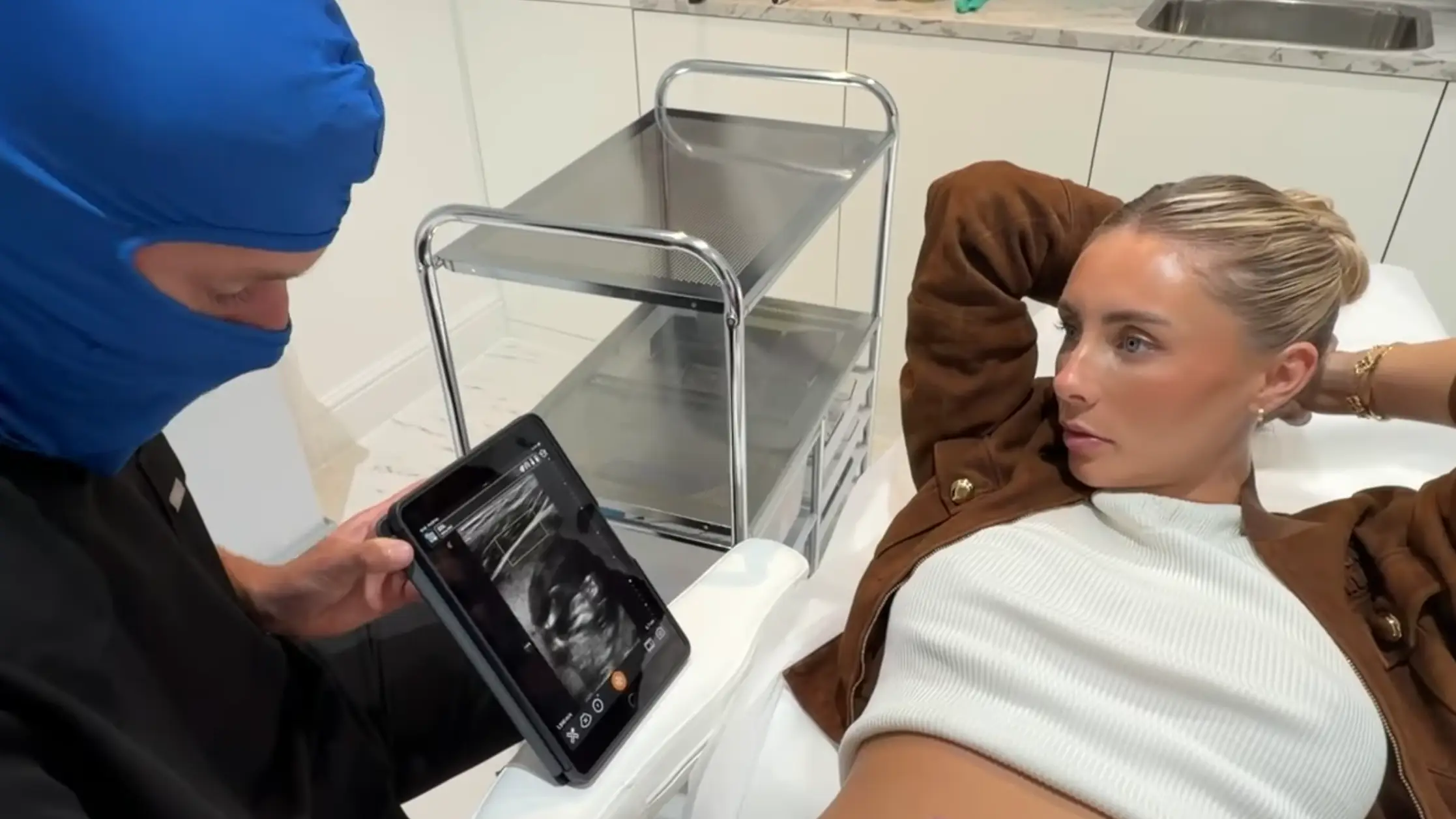
The adult star claims that she is now pregnant after a 'sonogram' was carried out

Two people were arrested on suspicion of manslaughter in wake of Jordan James Parke's death last week

Experts say getting a 'simple check' done could help save your life

Offenders could face several years in prison

He's been taken in for interview

The former prince moved out of the 30-room mansion earlier this month
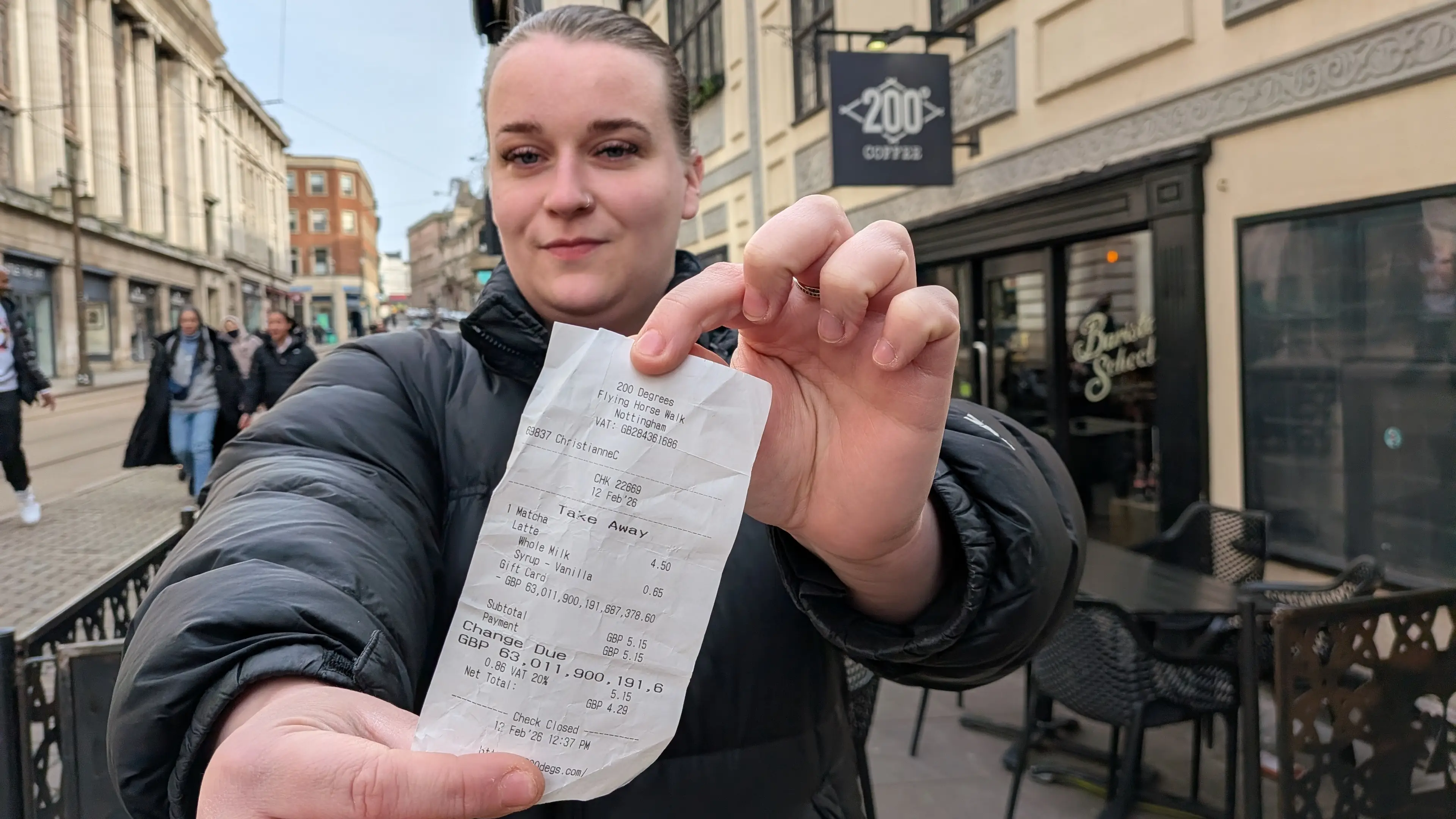
She briefly had more money than there existed in the world
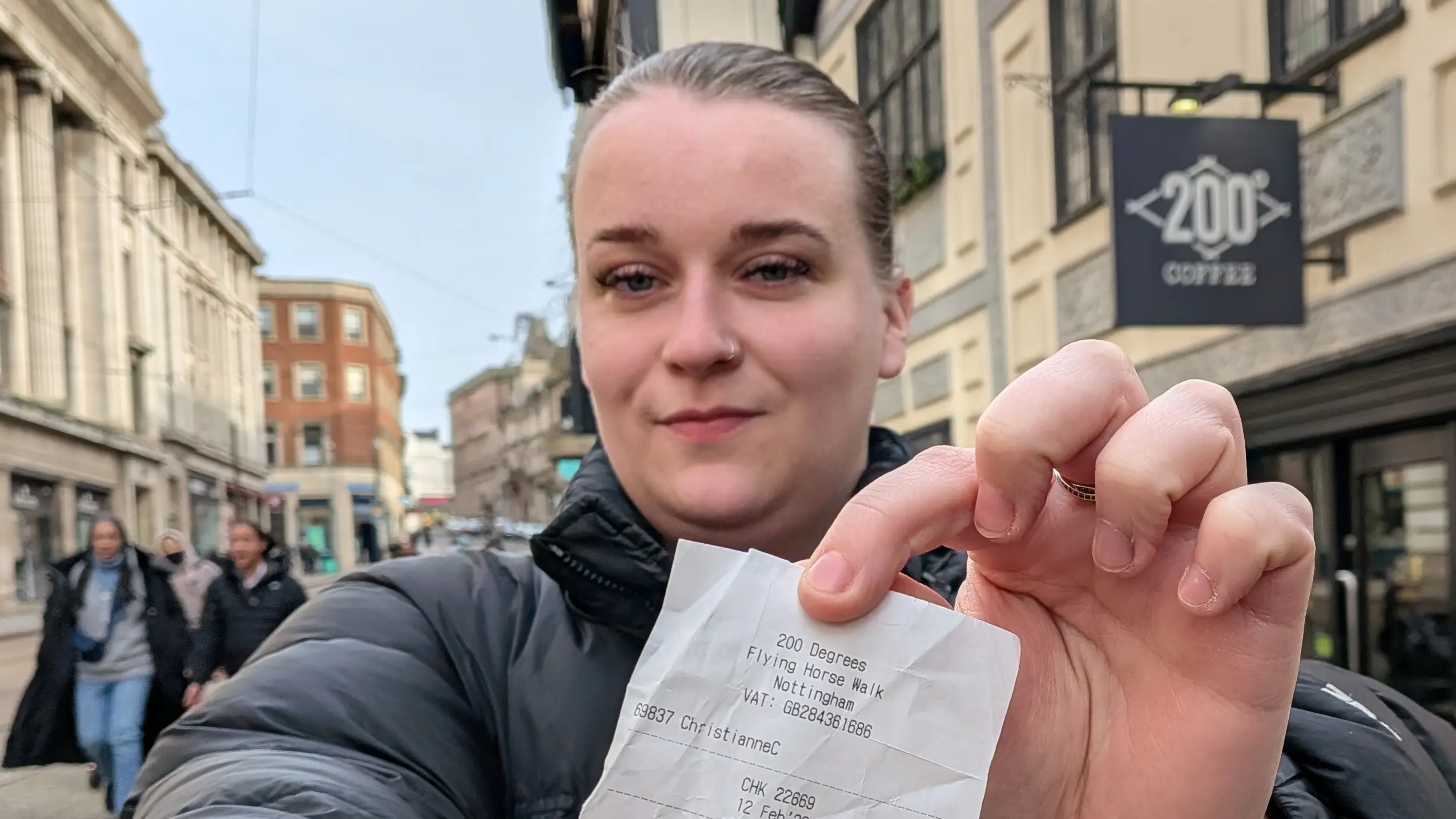
She's worth 670 times more than the global economy - but there is one drawback

The former Royal prince was arrested on suspicion of misconduct in a public office on Thursday

The little-known funding pot has been unclaimed by more than 670,000 people

Regarding the arrest of his brother, he said the 'law must take its course'

The former prince was taken into police custody on the morning of his 66th birthday

The former Duke of York was arrested on his 66th birthday

The former Duke of York, who turns 66 today, was taken into custody this morning
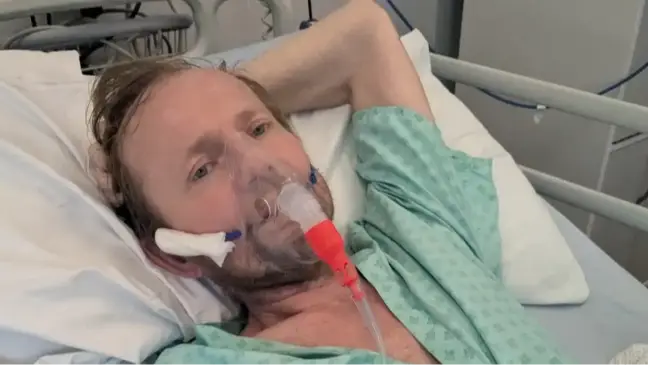
Marek Marzec said his life had been cut short 'simply for doing my job'
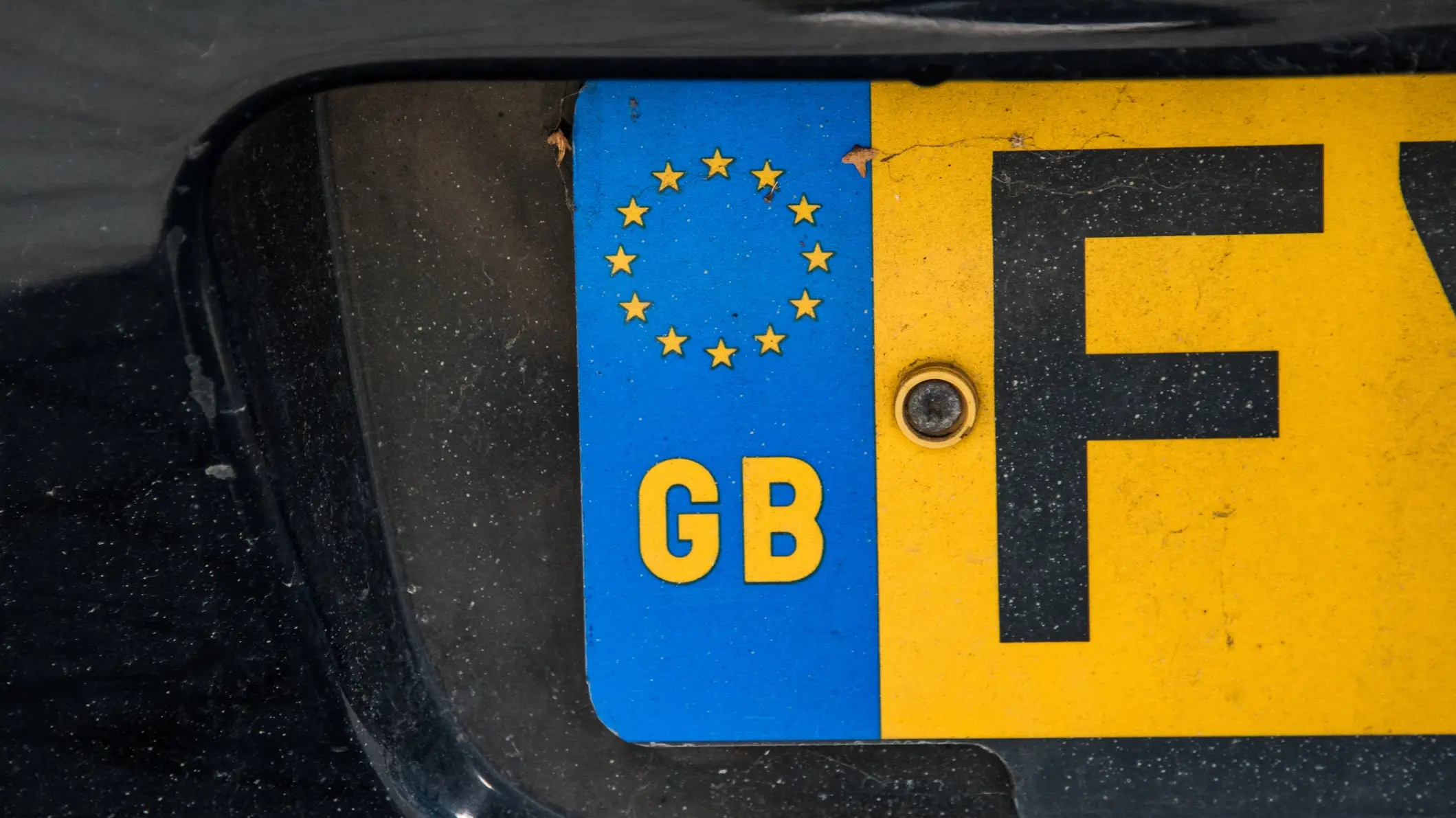
If you were hoping to get your hands on a comedic pair of plates, think again

MPs have warned that dangerous procedures have been carried out in garden sheds, hotel rooms and even public toilets

Charles Bronson has spent more than half a century in prison, many of which has been in solitary confinement

The 11-year-old's mum has issued a warning against chroming after finding her son lifeless in his bedroom in East London

Freddie was described as an 'outgoing boy who loved sport and learning'

The family booked the coffee shop for a wake but were insulted on their receipt




